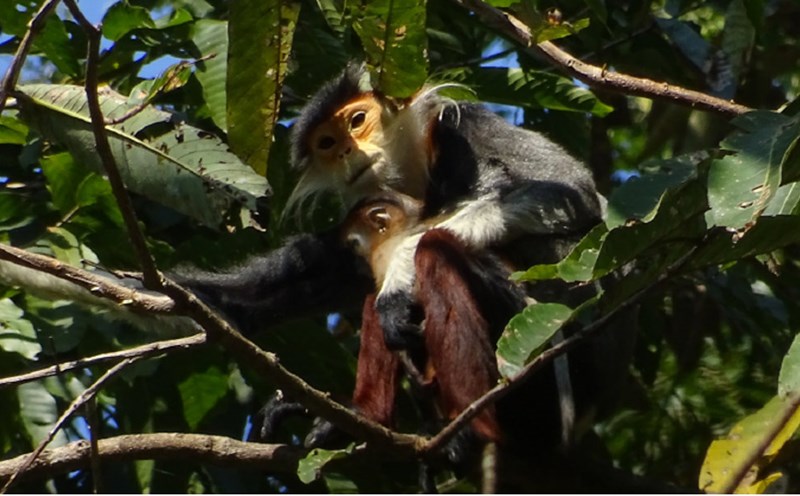Mango contains high levels of natural sugar, mainly fructose and glucose - carbohydrates that are quickly absorbed into the blood. Therefore, eating a lot of mangoes or eating them on an empty stomach will cause blood sugar to suddenly increase, making it difficult to control blood sugar levels.
1. High sugar content in mango
An average mango can contain about 45g of sugar, which is almost the same as the amount of sugar in many desserts. This amount of sugar is quickly absorbed into the blood, increasing the glycemic index (GI), leading to a spike in blood sugar.
2. Eating mangoes on an empty stomach increases blood sugar faster
When on an empty stomach, the body lacks nutrients to slow down the absorption of sugar. Therefore, eating mangoes at this time will cause blood sugar to increase faster than eating with a main meal or after a meal.
3. Lack of fiber helps slow down sugar absorption
Mangoes contain fiber, but if you do not eat enough other fiber-rich foods such as green vegetables or whole grains, the absorption of sugar will take place quickly and cause blood sugar to increase.
4. Eating too much mango in a short time
Consuming a large amount of mango at the same time will cause blood sugar to increase sharply, putting great pressure on the pancreas and the body in regulating insulin.
American nutritionist Emily Jonas recommends that people with diabetes or at high risk should limit eating mangoes, control their portions and eat with foods rich in fiber to slow down the absorption of sugar.
Note
Mango is a delicious and nutritious fruit, but it needs to be eaten properly and in moderation to avoid spiking blood sugar, especially for people with diabetes. Combining eating mango with main meals and green vegetables will help control blood sugar better.











